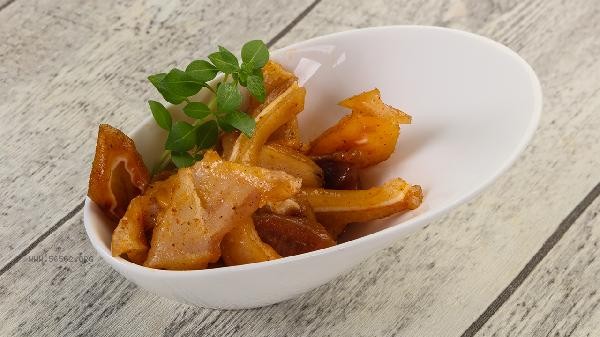At home, you can use milk, soybean milk, honey water, fruit and vegetable juice, egg soup and other foods to replace nutritional liquid. These foods are rich in protein, vitamins, and minerals, which can help supplement daily nutritional needs.

1. Milk
Milk is rich in high-quality protein and calcium, making it suitable as a substitute for nutrient solutions. Whole milk can also provide a certain amount of calories, making it suitable for people who need energy supplementation. Lactose intolerant individuals can choose low lactose milk or yogurt.
II. soybean milk
soybean milk is a good source of plant protein, containing active ingredients such as soybean isoflavones. Self made soybean milk can avoid additives and is more suitable for long-term drinking. Soybean milk is suitable for vegetarians and people who are allergic to dairy products.
3. Honey Water
Honey water can quickly replenish energy and contains various enzymes and trace elements. Brewing honey in warm water can retain more nutrients and is suitable as a temporary energy supplement. Diabetes patients should control their honey intake.

4. Fruit and Vegetable Juice
Freshly extracted fruit and vegetable juice is rich in vitamins and dietary fiber, which can supplement various micronutrients. Carrot, apple juice, tomato juice, etc. are all good choices. Fruit and vegetable juice is best freshly squeezed and consumed to avoid nutrient loss.
5. Egg Soup
Egg soup is easy to digest and absorb, containing high-quality protein and lecithin. Adding a small amount of vegetables can increase nutrient density, which is suitable for people with weak postoperative recovery and digestive function. Eggs should be fully cooked to avoid contamination with Salmonella.

In daily diet, attention should be paid to food diversification and reasonable combination of various nutrients. Special populations such as postoperative patients, elderly people, or those with specific health problems are recommended to choose alternatives under the guidance of a doctor or nutritionist. Long term nutritional supplementation should not rely solely on a single food, but should ensure a balanced intake of staple foods, protein, fruits, and vegetables. When making homemade nutritional substitutes, attention should be paid to the freshness of ingredients and hygiene conditions to avoid food contamination. If you experience discomfort symptoms, seek medical attention promptly and do not use food as a substitute for professional medical nutrition support on your own for a long time.









Comments (0)
Leave a Comment
No comments yet
Be the first to share your thoughts!